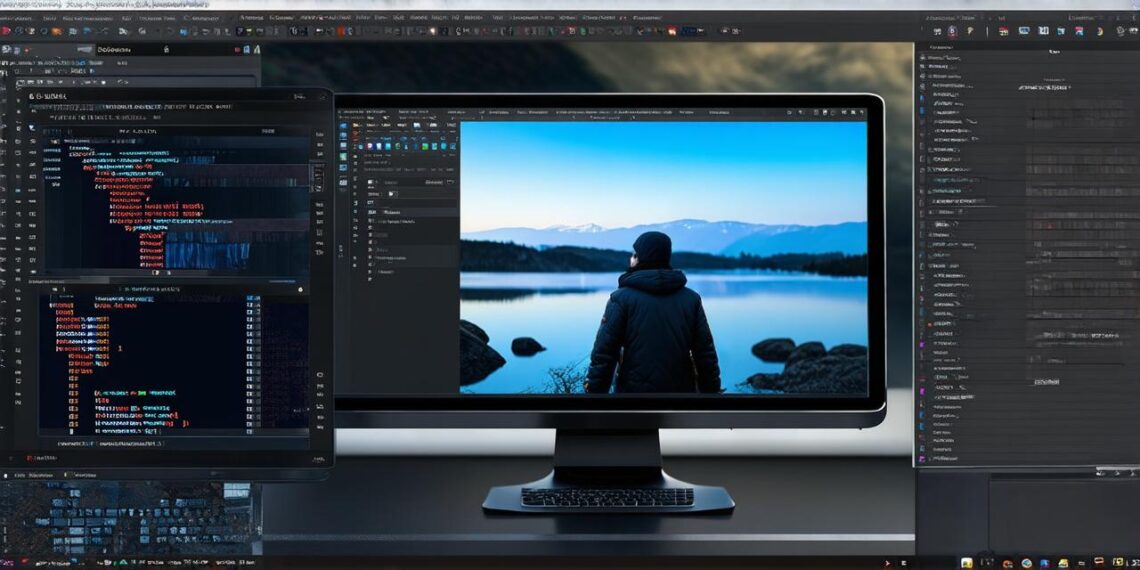Game development is an exciting and challenging process that requires attention to detail and careful planning. One of the most critical steps in this process is the debug step, which involves identifying and fixing errors or bugs in the code.
What is Debugging?
Debugging is the process of identifying and resolving issues in a program’s code. It involves using various tools and techniques to identify errors or bugs, isolate them, and fix them. In game development, debugging is essential because even small errors can cause significant problems in the game’s performance, functionality, and overall user experience.
Why is Debugging Important in Game Development?
Debugging is critical in game development for several reasons:
-
Improved User Experience: A bug-free game provides a better user experience, which leads to increased player engagement and retention. Players are more likely to return to a game that runs smoothly and consistently, resulting in higher revenue and long-term success.
-
Time and Cost Savings: Debugging helps developers identify and fix issues early on in the development process, preventing costly delays and rework later on. This can save time and money, ultimately leading to faster and more efficient game development.
-
Quality Assurance: Debugging ensures that the game meets quality standards and is free from significant errors or bugs that could negatively impact its performance and functionality. This helps maintain a positive reputation for the game and developer.

How to Optimize the Debug Process in Game Development
To optimize the debug process in game development, consider the following tips:
-
Use Automated Tools: Automated tools such as debuggers, profilers, and test frameworks can help identify issues quickly and efficiently. These tools can also provide valuable insights into the code’s performance, enabling developers to make informed decisions about optimizations and improvements.
-
Write Test Cases: Writing test cases for the game can help catch bugs early on in the development process. Test cases can be automated or manual, depending on the complexity of the game and the resources available.
-
Use Version Control: Version control tools such as Git or SVN can help track changes to the code and identify when issues were introduced. This can make it easier to isolate and fix bugs quickly.
-
Collaborate with Team Members: Collaboration is essential in game development, particularly during the debug process. Developers should work together to share knowledge, identify issues, and develop solutions that meet the needs of the team and the end-user.
-
Document the Code: Proper documentation of the code can help developers quickly understand how the code works and identify potential issues. It also helps other team members learn from the code and improve its functionality over time.
Summary:
Debugging is a critical step in game development that requires careful planning and attention to detail. By using automated tools, writing test cases, using version control, collaborating with team members, and documenting the code, developers can optimize the debug process and deliver high-quality games that meet the needs of their users. Remember, a bug-free game leads to improved user experience, time and cost savings, and quality assurance, ultimately leading to long-term success in the game development industry.





